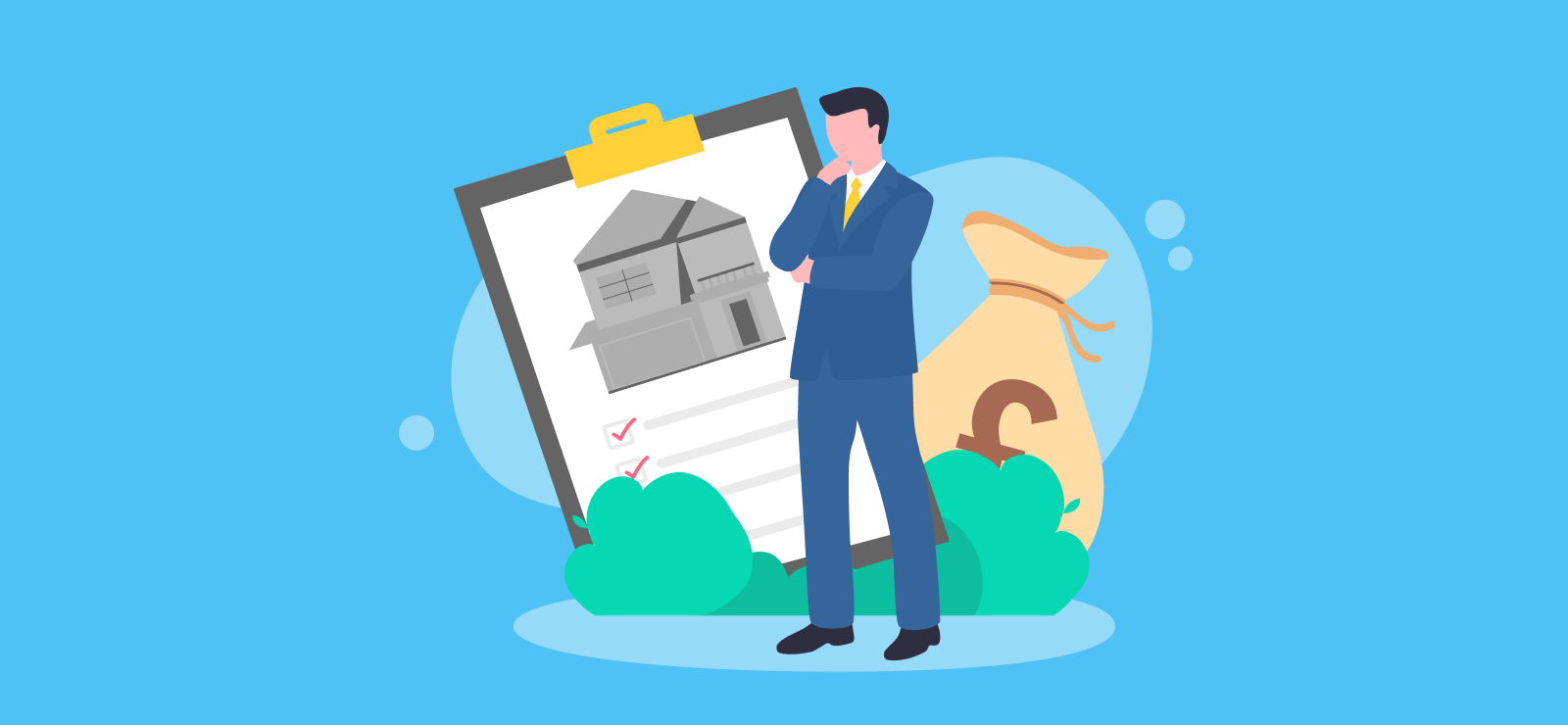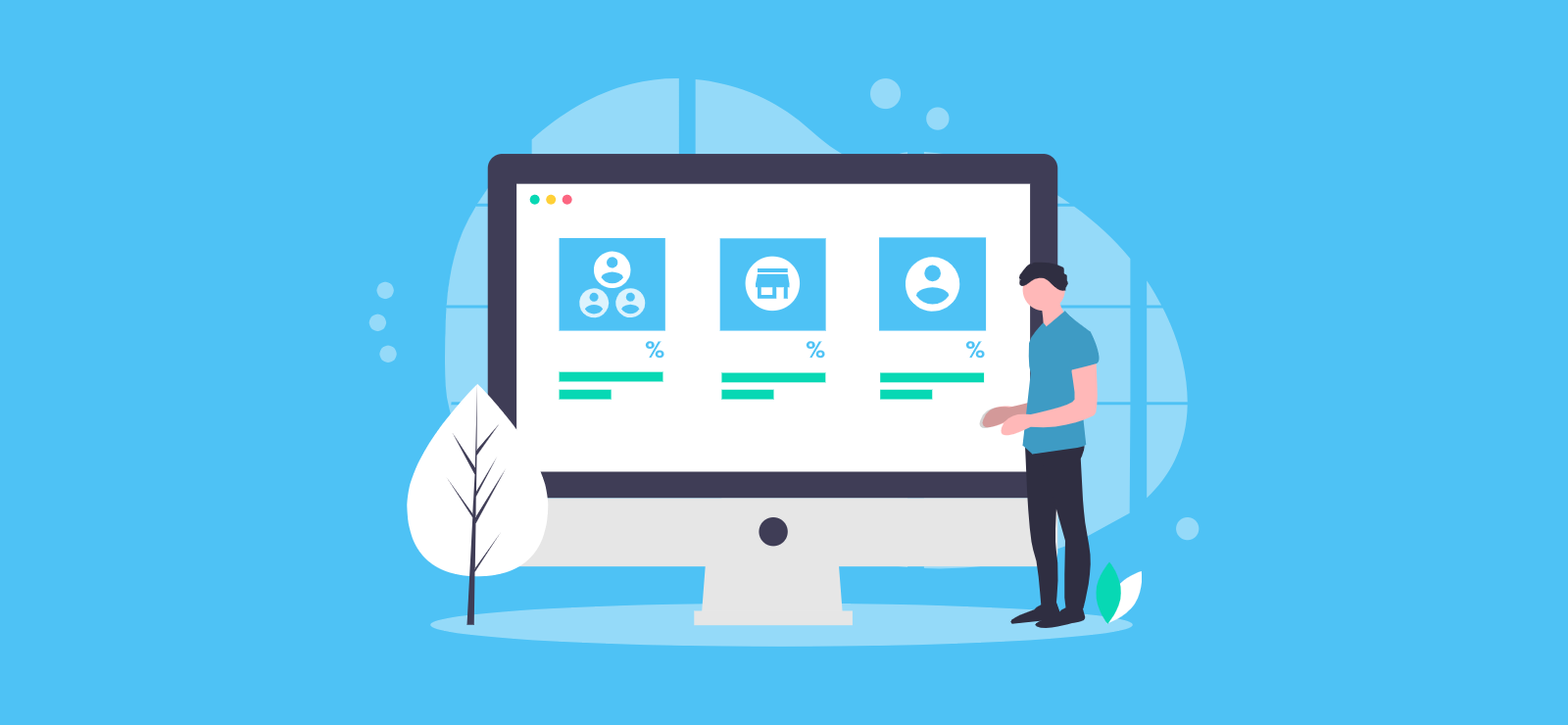

Self Assessment Tax Returns for Landlords
People become landlords for all sorts of reasons. Some have a portfolio of properties and make a full-time income from it, while others become a landlord by accident, simply by moving in with a partner or because they’ve inherited a property from a family member.
But whatever your circumstances, being a landlord comes with certain tax implications – and yes, landlords do pay tax! It’s a daunting prospect and you really need to know your onions. Let’s take a look.
What is a Self Assessment tax return?
A Self Assessment tax return allows HM Revenue and Customs (HMRC) to collect Income Tax, National Insurance and certain other payments from income that hasn’t already been taxed at source.
This includes self-employed individuals, people in business partnerships, and those with other income sources like dividends or rental income. If you’re a landlord and receive untaxed income from your property, then you’ll need to submit a Self Assessment tax return.
Do I need to file a Self Assessment tax return if I own the rental property?
Usually yes. You will need to file a Self Assessment tax return if:
- Your rental income exceeds £1,000 a year, or,
- If you have other taxable income (like self-employed income or investment income) as well as your income from renting out a property
How much tax will I need to pay as a landlord?
This depends on your personal circumstances and how much rental income you’re making. Rental income is included in your overall income and is taxed at the current income tax rates.
Just bear in mind that landlords, like any self-employed business, pay tax on the profits they make, not the total amount of income they receive from the property – so make sure you reduce your tax bill by deducting any allowable expenses like maintenance costs, property repairs and management fees!
As we’ve mentioned before, make sure you keep thorough records of all your expenditure so your Self Assessment tax return is accurate. It’s also worth getting in touch with us so we can help you maximise your allowances and not overpay.
Can I reduce my Self Assessment tax bill in any way?
The good news is yes you can. For example, certain allowable expenses that were incurred “wholly and exclusively” in letting the property can be included that can bring your tax bill down. Examples of these allowable expenses include:
- Maintenance and repairs to the property
- Professional fees (such as accountancy and legal fees)
- Agency fees
- Insurance premiums
- Service costs (like gardening and cleaning)
- Service charges and ground rent
- Water rates
- Gas and electricity charges
- Council tax
If you own furnished holiday accommodation and rent it out to paying guests, you might also be able to claim capital allowances on the cost of certain items you’ve bought.
Can I claim tax relief on the previous year’s repairs on a planned holiday let?
If you previously made repairs to a property that you’re planning to use as Furnished Holiday Letting (FHL) in the future, you may be able to claim tax relief on the costs in the year that you incurred them.
Basically, any expenses that are “wholly and exclusively” due to trade or business activities are usually allowable as a tax deduction. The key is here that the expenses were incurred solely for your holiday let.
To get tax relief on repair expenses for your furnished holiday let, you should declare the expenses on your Self Assessment tax return. Make sure you keep records of everything you’ve spent, and that you can go into detail about repairs! This will then mean the expenses can be deducted from your rental income, reducing the amount of tax you need to pay.
Can I claim tax relief on my mortgage interest payments?
This depends on how you run your landlord business! If you own and let your property as a sole trader then no, you can’t claim the interest on your mortgage payments as an expense. If you own and let the property through a limited company then yes, you may be able to.
How do I file my Self Assessment tax return?
Most people register for Self Assessment and submit their returns online, but you can fill out a paper SA1 form instead if you would prefer.
You will need to say why you are signing up for Self Assessment, so as a landlord you should choose the option: “I have been getting income from land and property in the UK.”
After that, you will need to enter the date on which the tenancy started (this should be the date on the tenancy agreement, not the date your tenant(s) actually moved in). Bear in mind that you’ll need to be totally accurate, as HMRC do run checks on landlords and the last thing you need is to end up in hot water!
Once you have registered for Self Assessment, HMRC will send you your Unique Taxpayer Reference (UTR) number – keep it safe! You’ll need this to submit your tax returns.
If you decide to use an accountant or tax advisor to look after your tax affairs, they will request an SA1 form, as well as an “authorising your agent” form, which means they can deal with HMRC on your behalf.
Are you a landlord? We offer plenty of online accountancy services to help. You’re also welcome to call our team on 020 3355 4047 or get an instant online quote.
Want to learn more?
Subscribe to our newsletter to get accounting tips like this right to your inbox

Read more posts...

December 2024 Client of the Month: Alessia Amsterdam ltd
20th December 2024This month we spoke to Alessia Lo piccolo, Owner of Alessia Amsterdam ltd! Alessia Lo piccolo Instagram Hey Alessia! Tell us about…
Read More
What is the M1 Tax Code?
17th December 2024It’s normal to presume that the tax code on your payslip is correct, but if you feel like you’re paying an extortionate…
Read More
UK Tax Rates, Thresholds and Allowances for the Self-Employed
6th December 2024Read our guide to UK tax rates and thresholds for sole traders, limited companies, partners and partnerships, employers, and other businesses. UK…
Read MoreConfirm Transactions
The number of monthly transactions you have entered based on your turnover seem high. A transaction is one bookkeeping entry such as a sale, purchase, payment or receipt. Are you sure this is correct?
Please contact our sales team if you’re unsure
VAT Returns
It is unlikely you will need this service, unless you are voluntarily registered for VAT.
Are you sure this is correct?
Call us on 020 3355 4047 if you’re not sure.
Bookkeeping
You will receive our bookkeeping software Pandle for free, as part of your package.
You can use this to complete your own bookkeeping, or we can provide a quote to complete your bookkeeping for you.
Please select and option below:
Call us on 020 3355 4047 if you’re not sure.

